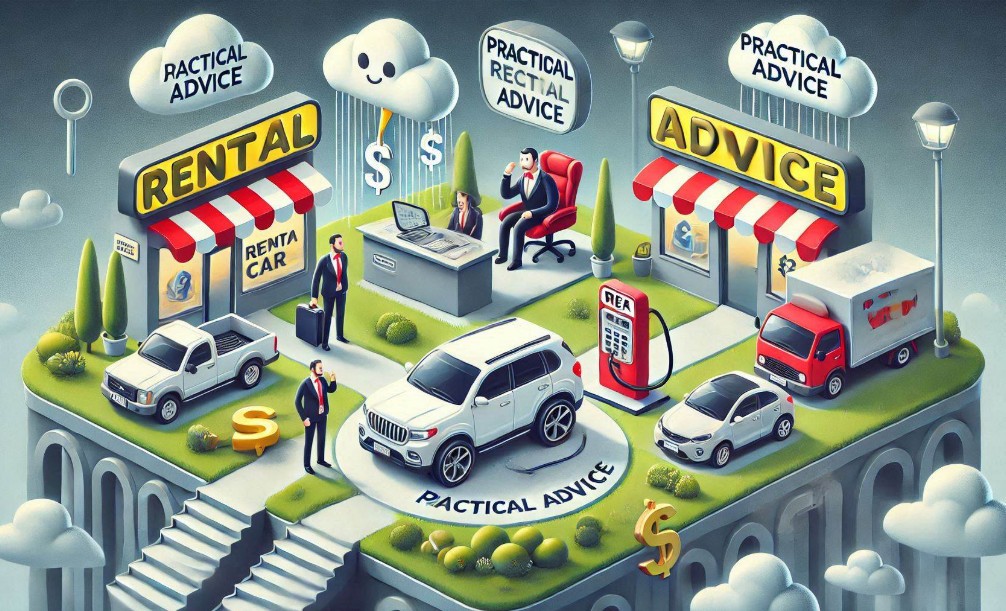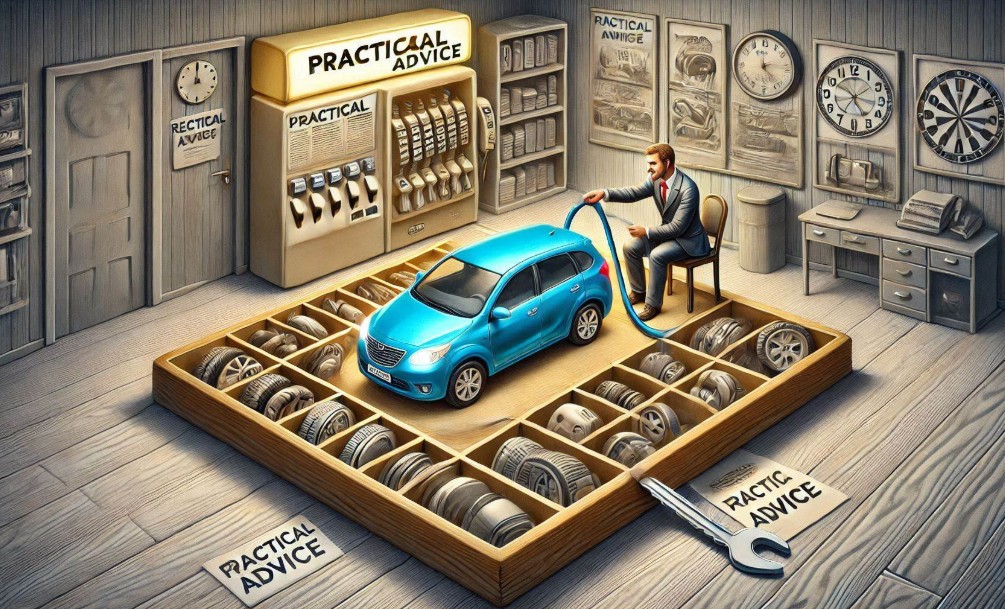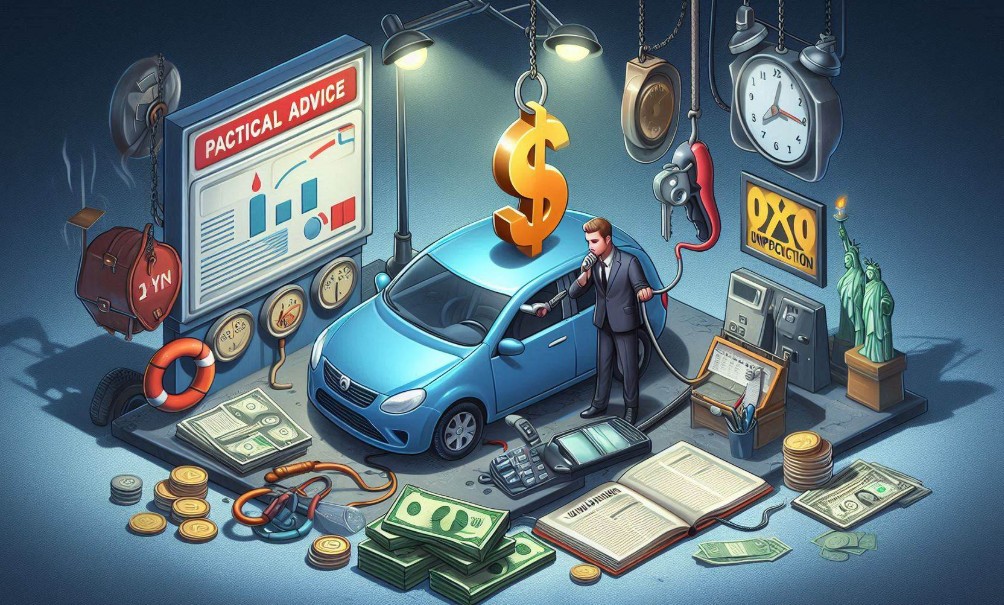
Making the right decision between leasing and owning can be challenging, especially with the variety of financial considerations at play. For many, the allure of ownership often clouds the reality of ongoing expenses that come with it. Understanding the factors that influence long-term affordability can lead to smarter choices, especially in certain circumstances where maintaining property isn't the most economical option.
In some cases, opting for a temporary arrangement rather than committing to a long-term investment can be far more cost-effective. From maintenance responsibilities to fluctuating market conditions, the financial burden of ownership may outweigh the perceived benefits. This guide explores the key aspects that affect these decisions, offering insight into scenarios where flexibility and lower upfront costs prevail.
By evaluating hidden costs and the overall impact on personal finances, individuals can uncover opportunities for savings that may not be immediately obvious. A clear understanding of these factors allows for informed choices tailored to personal needs and goals.

When Renting Beats Buying in Costs
In some situations, owning a property may not be the most cost-effective option. While the idea of building equity and having a permanent place to call home is appealing, the financial realities often point in a different direction. For many individuals, leasing provides a more flexible and affordable solution, particularly in certain circumstances where the long-term costs of ownership are burdensome.
The initial investment required for purchasing a home or apartment, including down payments, closing costs, and ongoing expenses such as property taxes and insurance, can quickly add up. These financial commitments are often much higher compared to the regular, fixed payments associated with leasing. In addition, owners are responsible for all maintenance and repair work, which can lead to unexpected expenses that tenants are not required to cover.
Moreover, market conditions play a significant role in the overall cost of ownership. Fluctuating property values, interest rates, and the general state of the economy can result in unforeseen financial challenges for those who own property. Leasing, on the other hand, often offers more stability and predictability, making it easier to budget and manage finances without the risk of long-term market shifts affecting personal wealth.

Key Factors That Make Renting Affordable
Several key elements contribute to the overall affordability of leasing versus ownership. These factors often reveal that the immediate financial demands of possessing a property are significantly higher than the costs involved in temporary living arrangements. By examining the underlying reasons, it becomes clear why many find leasing more economical in the short and medium term.
One of the most significant advantages is the lower initial financial commitment. With a property lease, individuals typically face lower upfront costs, avoiding the large down payment and various closing fees associated with ownership. Additionally, monthly payments for a leased space are often more predictable and manageable, without the added burden of property taxes, homeowner's insurance, or maintenance expenses.
Another factor is the flexibility offered by leasing agreements. Unlike property owners, tenants are not responsible for long-term maintenance and repairs, which can be costly and unpredictable. This reduces the financial strain that might otherwise arise from unexpected issues such as roof repairs, appliance replacements, or plumbing emergencies. By shifting these responsibilities to the property owner, tenants can enjoy more stability in their budgeting without worrying about hidden expenses.

How to Analyze Renting vs Buying
Making an informed decision about whether to lease or own involves carefully evaluating multiple financial aspects. It's important to consider not only the upfront costs but also the long-term expenses that can significantly impact your overall budget. By thoroughly assessing these factors, individuals can make a well-rounded choice that aligns with their financial goals and lifestyle.
Start by comparing the initial payments required for each option. Purchasing a home often involves substantial upfront costs, including down payments, closing fees, and other associated charges. In contrast, leasing typically demands only a security deposit and possibly some minor administrative fees. Once these initial costs are clear, it's essential to assess the monthly financial obligations. Homeowners face mortgage payments, property taxes, insurance, and maintenance, while tenants are generally responsible only for rent and utilities, making it easier to predict monthly expenses.
Consider also the flexibility and long-term financial impact. Ownership may offer the potential for equity growth, but it also comes with the risk of market fluctuations and property depreciation. On the other hand, leasing offers more flexibility to move without the burden of selling or market instability. By weighing these factors and considering personal preferences, individuals can make a more informed and financially sound decision about their living situation.
